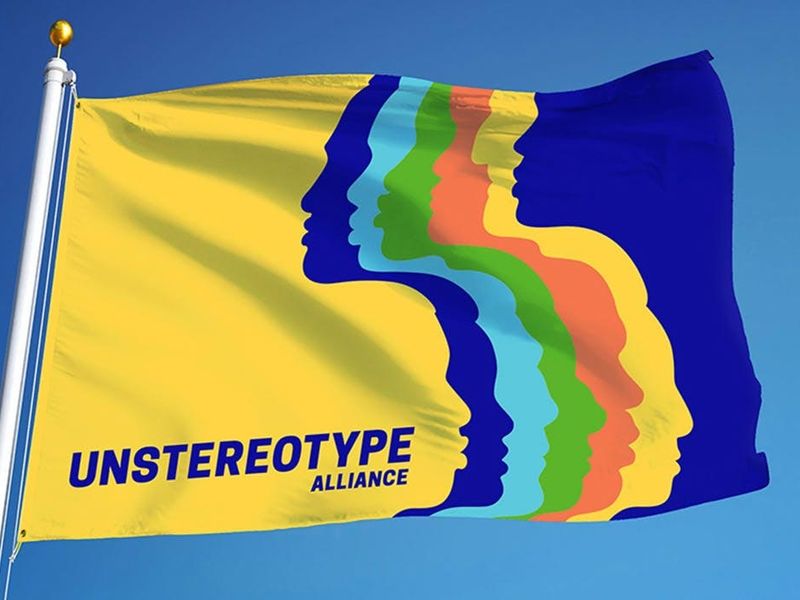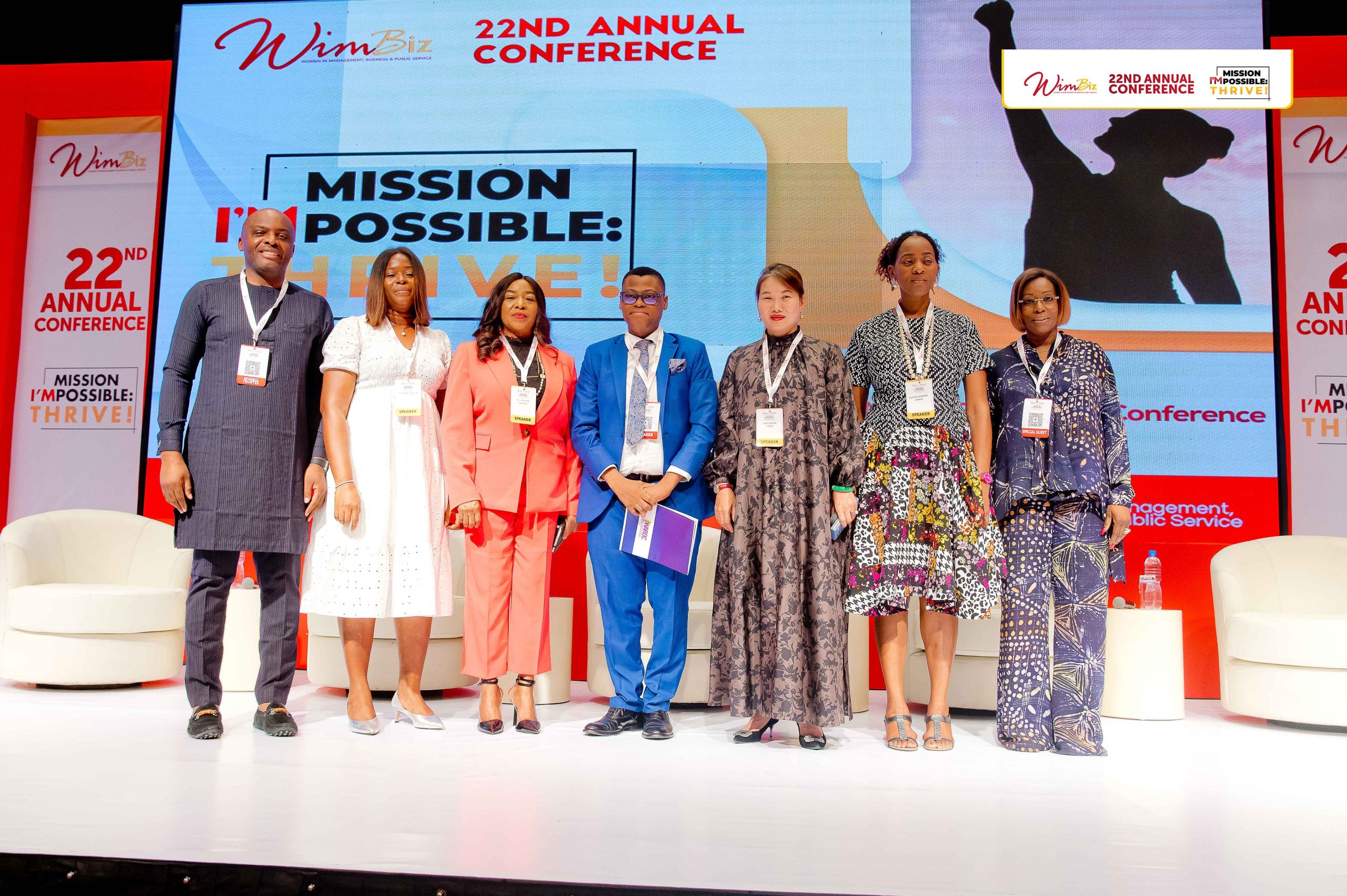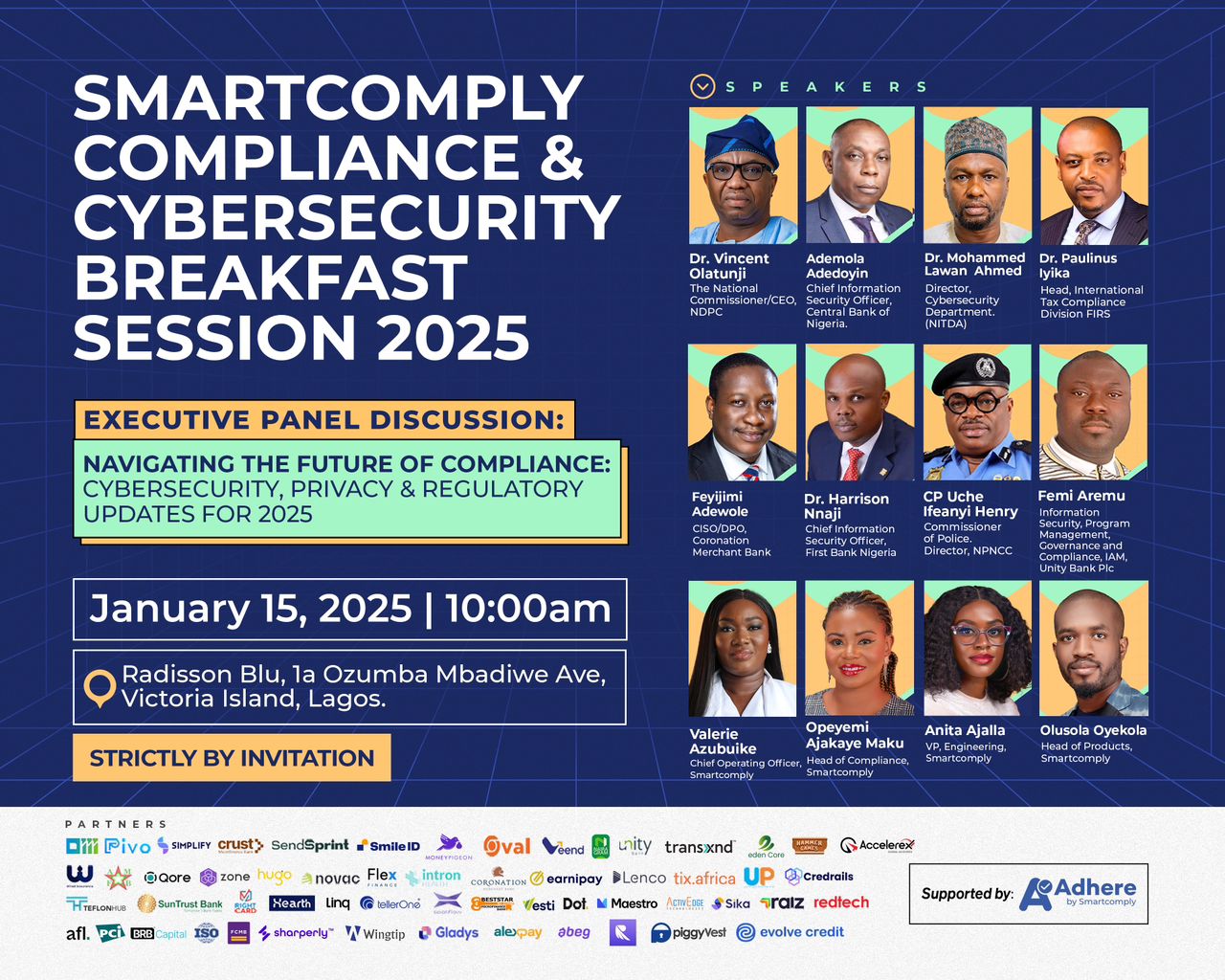Unilever is going deeper to effect structural changes to its entire marketing process as it aims to provoke and integrate more diverse and inclusive thinking across every brand, from new product development through to advertising production.
This decision follows the outcome of a recently conducted research which shows that the advertising industry could be the next victim of ‘cancel culture’. The research, commissioned by Kantar, reveals people are increasingly feeling disconnected from advertising, which could result in brands being boycotted in future.
In the study, Unilever found one in two people from marginalized communities feel they have been stereotyped in some way through advertising. Almost three-quarters (71%) believe stereotypes in media is currently harming younger generations.
Less than one in five believe that ads are representative of wider society, those from under-represented communities are impacted the most and are up to 30% more likely to be stereotyped than the general population.
Over half (55%) of Asian women believe stereotypes in advertising don’t represent them, 46% of men with a disability say they often see negative portrayals of people like them in ads, and 66% of LGBTQ+ aged 18-34 believe people from diverse backgrounds feature in ads ‘just to make up the numbers’.
Aline Santos, Chief Brand Officer and Chief Diversity and Inclusion Officer at Unilever said: “If we want to see systemic change in society, we need to see systemic change in our industry. Act 2 Unstereotype helps brands create a generation free from prejudice. Inclusive marketing is not a choice anymore; we must act now.”
By serving more diverse people in a progressive way, Unilever believes its brands can be at the forefront of shaping a fairer and more inclusive world.
To achieve this, Unilever is broadening its 2016 commitment to Unstereotype by launching ‘Act 2 Unstereotype’ to encourage inclusive thinking across end-to-end marketing process, ensure an Unstereotype charter is present for every Unilever brand, work with more diverse and under-represented groups on screen and behind the camera, eradicate any digital alterations to photography – a 100% ban on changing models’ body shape, size, proportion or skin color.







Comment
No comments found.